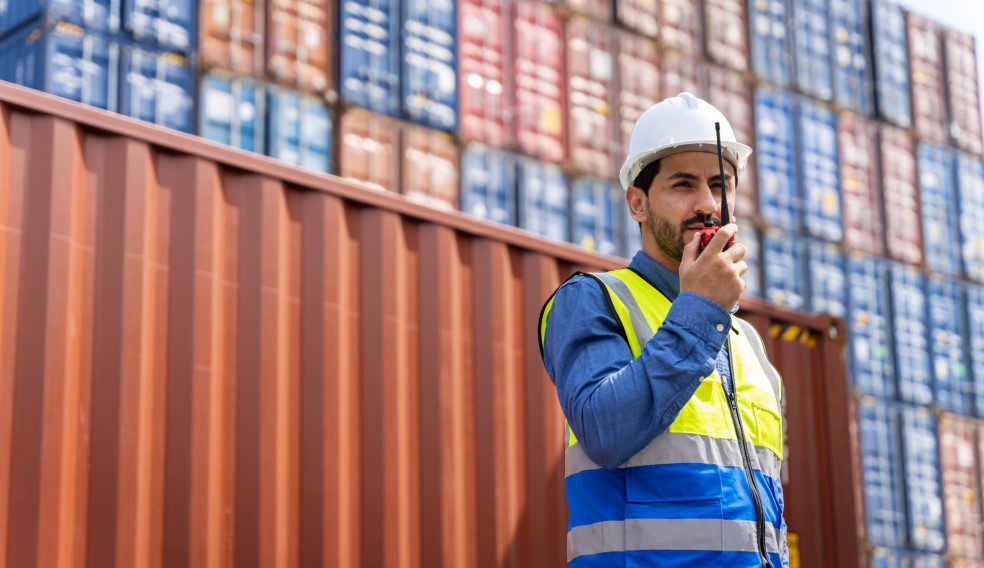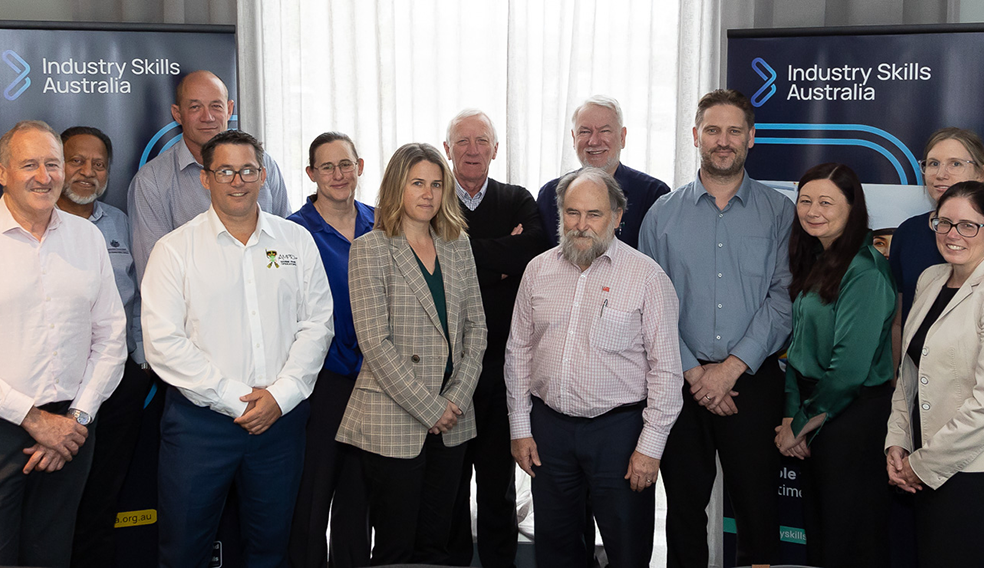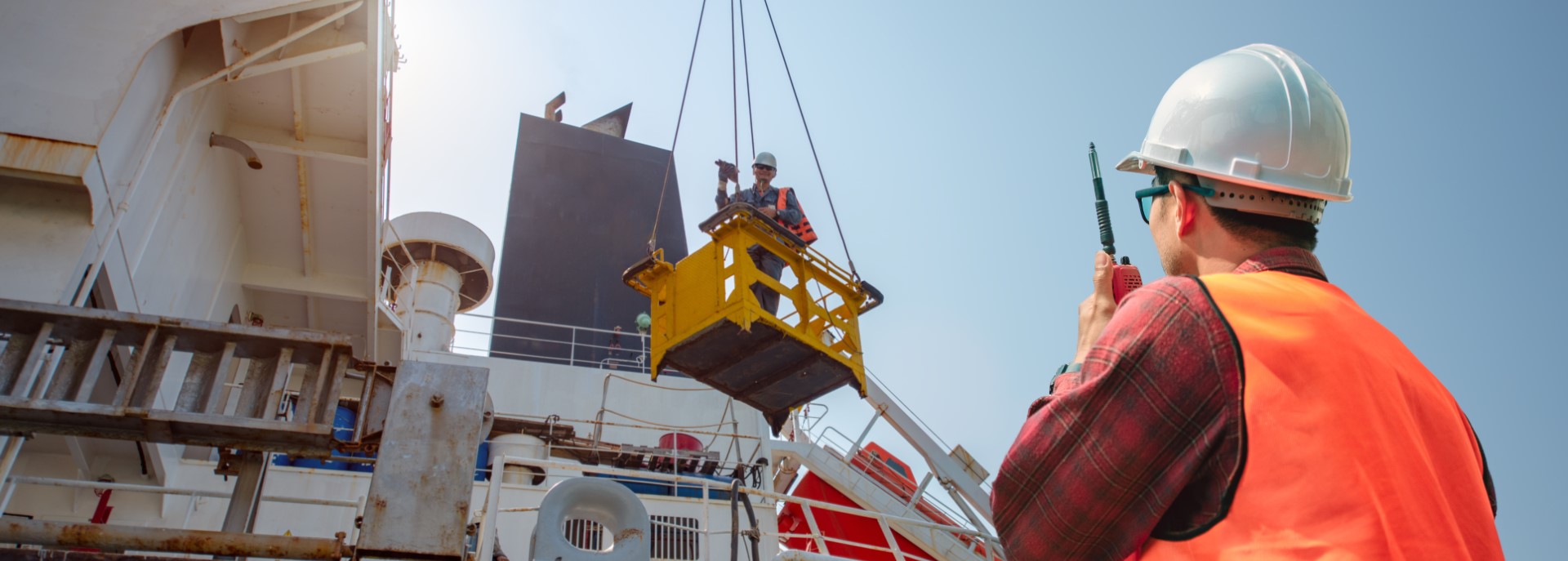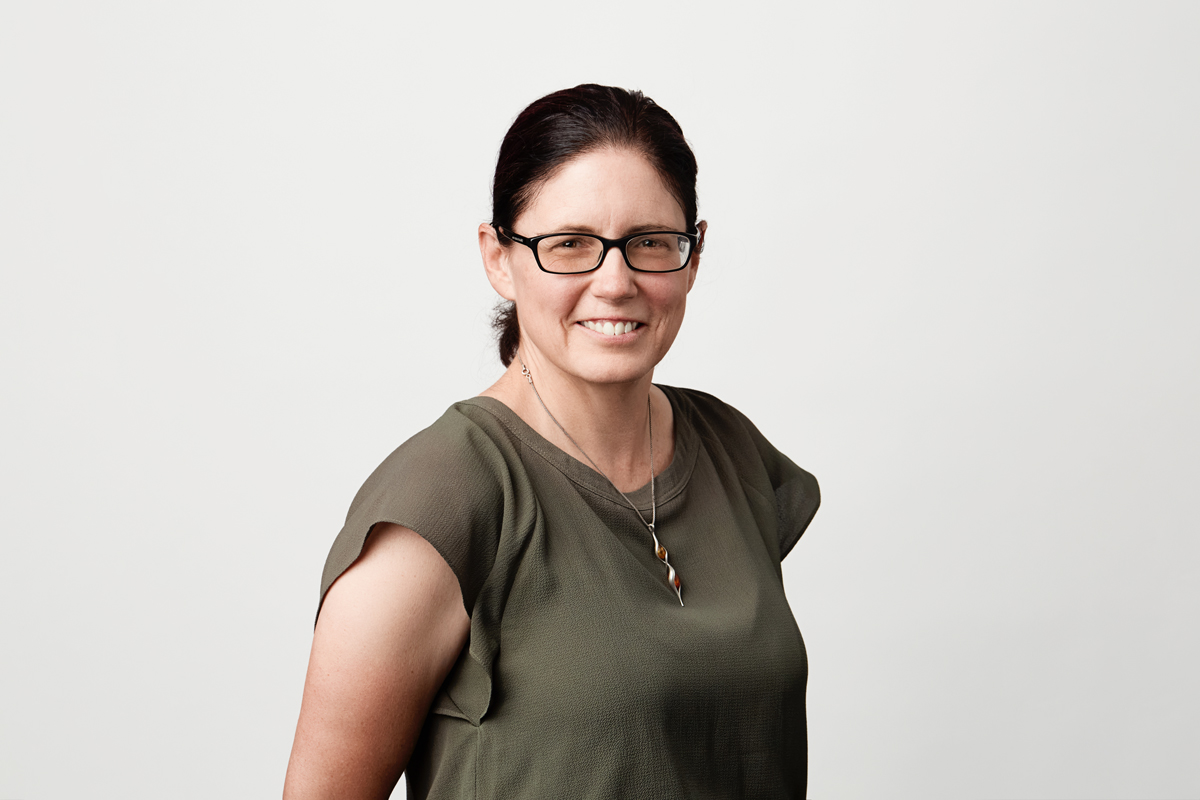workforce growth to 2029
Source left-right: Enterprises; ABS Counts of Australian Businesses, Online Vacancies; JSA - Internet Vacancy Index, Qualification Enrolments; NCVER, RTO's; training.gov.au, Workforce Growth; IBISWorld Industry Wizard.
The maritime industry is highly regulated with a diverse range of occupations, business types, sizes and locations. The Commonwealth Government has signalled its intention to strengthen Australia’s maritime fleet by adding additional Australian flagged vessels.
The latest report into Australia’s Blue Economy, shows the marine industry is one of the country’s fastest growing. Tourism is the largest individual sub-sector of the marine industry, this is followed by the marine oil and gas sector followed by fishing. With these sectors growing it is placing pressure on enterprises to get qualified staff.
In a highly regulated, qualifications focused sector, this will present challenges in not only producing the required number of seafarers but co-ordination in the industry to ensure sufficient access to training berths on vessels can be secured.
The diverse workforce employs a range of occupations, with a gender composition of 29% Female / 71% Male in 2023 across 1,476 enterprises.
Maritime Training Package
The Australian Vocational Education and Training (VET) system aims to provide individuals with work-ready skills for the labour market – skills that businesses and industries need to be highly productive and internationally competitive.
The Maritime Training Package meets the needs of the industry and regulator and provides nationally recognised Vocational Education and Training (VET) qualifications for the occupations including, Master, Marine Engine Driver, Marine Engineering, Integrated Ratings, Linesperson.
Maritime Strategic Workforce Planning Committee
Industry Skills Australia has established a Strategic Workforce Planning Committee for each major industry to sit at the heart of the Jobs and Skills Council. Comprising senior industry leaders, these Committees are the central mechanism through which industry is empowered to identify its immediate and emerging skill needs and the responses that are needed by the national skills system, industry and governments.
The Committees work on behalf of industry to shape and oversee the development of the National Workforce Plan based on intelligence and consultation with key stakeholders from across Australia. The Maritime Industry Strategic Workforce Planning Committee membership was established in November 2023. The Committee comprises of:
Angela Gillham (Chair), Maritime Industry Australia Ltd (MIAL)
Glen Williams (Deputy Chair), Maritime Union of Australia (MUA)
Amanda Brew, Australian Commercial Vessel Operators Association (ACVOA)
Chris Ha, SeaLink
Gareth Phillips, Assoc of Marine Park Tourism Operators
Grant Judson, Australian Maritime Safety Authority (AMSA)
Jarrod Moran, Australian Maritime Officers Union (AMOU)
Jeff Hinnrichsen, Marine Certification Solutions Pty Ltd
Josh Day, Teekay Shipping
Lesley Leyland, Austral Fisheries
Martin Byrne, Australian Institute of Marine Power Engineers
Virginia Hayward, Australian Defence Force (ADF)
For any enquiries about the Maritime Strategic Workforce Planning Committee, contact the Industry Engagement Manager, Anna Jerrems.
View the Maritime Strategic Workforce Planning Committee Terms of Reference here.
Careers
As an island nation we are tied to the sea. The Maritime industry is continually evolving and the demand for skills, both new and traditional, is ever increasing as new systems and technologies gain traction both onshore and at sea. A career in this sector can be stimulating, challenging and exciting and offers a great sense of pride and achievement for those with a passion for the sea. The industry has a high demand for skills as new systems and technologies gain traction both onshore and at sea. There are many diverse job and career opportunities on offer within the Maritime industry.
Your Industry Engagement Manager
Anna Jerrems
With over 20 years’ experience in the Vocational Education and Training (VET) sector, Anna has developed an extensive knowledge of the VET system. Her roles have involved RTO management, compliance, stakeholder engagement, and contract management. Anna holds qualifications in education and training, VET policy and auditing.
How to get involved
Great ideas to address these challenges and many more can come from anyone and anywhere. Whether you’d like to collaborate with us, share your ideas, get involved in our activities or simply stay informed, get in touch now to join us on the journey.






